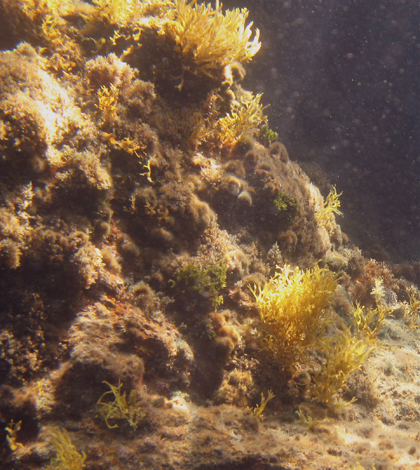Ocean acidification could zap whole ecosystems

A new study suggests that ocean acidification may devastate ocean biodiversity in extreme cases, according to a University of California Davis press release.
Researchers from UC Davis partnered with researchers from Stanford University and the Stazione Zoologica Anton Dohrn in Naples, Italy to examine volcanic vents releasing carbon dioxide.
The vents create a zone with gradients of acidity in water surrounding the Castello Argonese, which sits off the coast of the heel of Italy.
The researchers examined three areas, each with greater natural acidity than the last. They removed all animals and plants from those zones. Each area was then photographed to obtain a visual representation of how the ocean recovered.
In the two most acidic zones, the researchers found only algae returned to thrive and no grazers, such as urchins, returned to feed on the algae. Kristy Kroeker, a UC Davis postdoctoral researcher and lead author of the study, said the same effects could travel up the food chain causing a loss of functional diversity.
Image: A zone of low pH, or high acidity, shows increased algae growth as the dominant species. (Credit: Kristy Kroeker/UC Davis)





0 comments